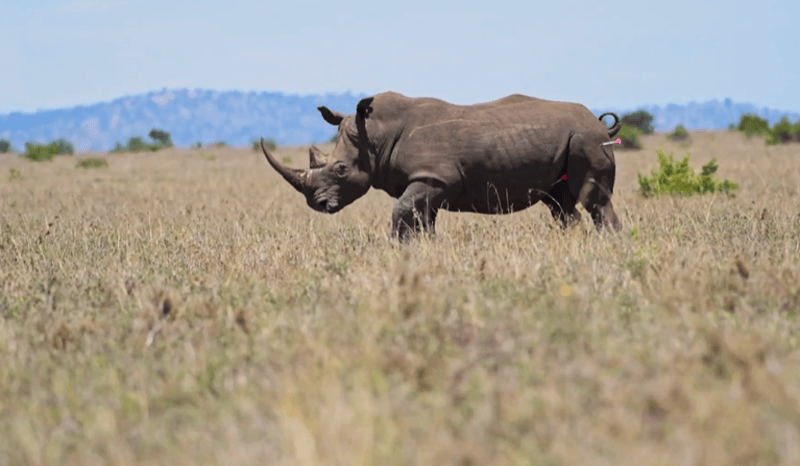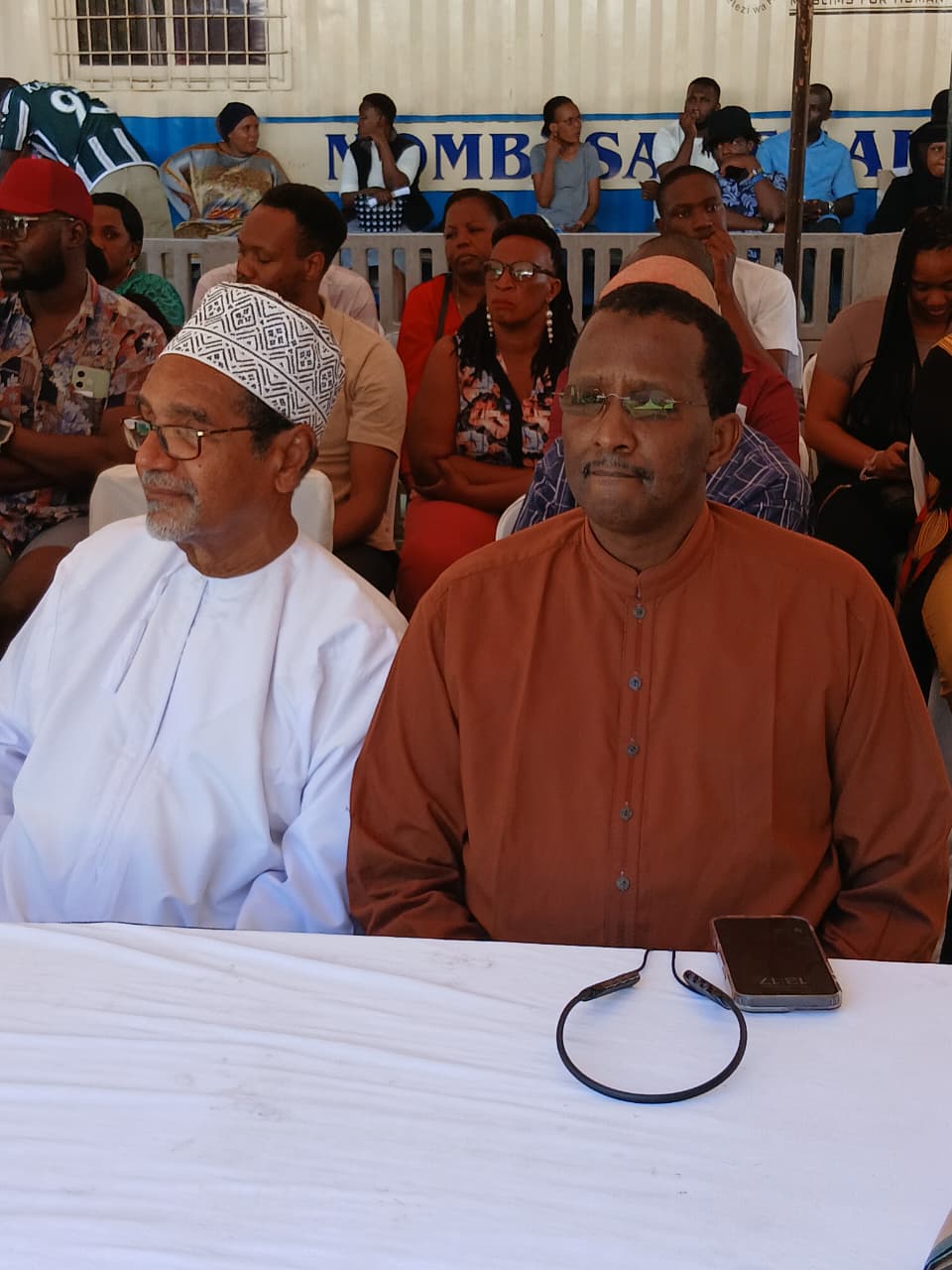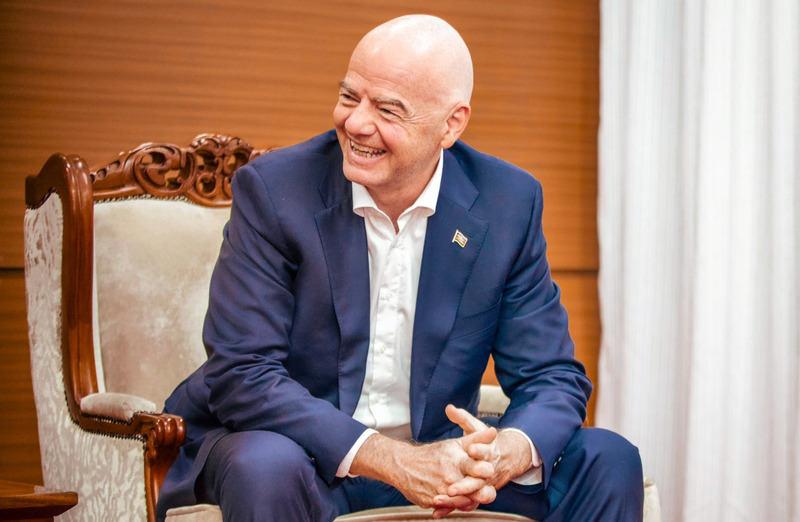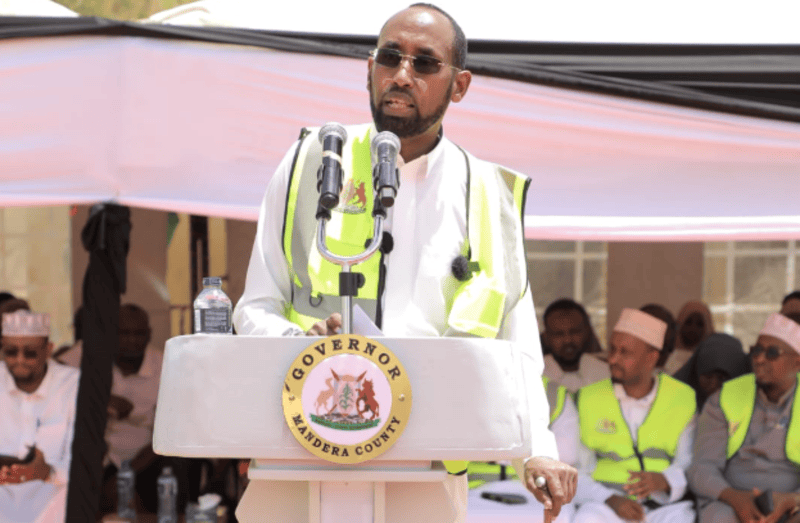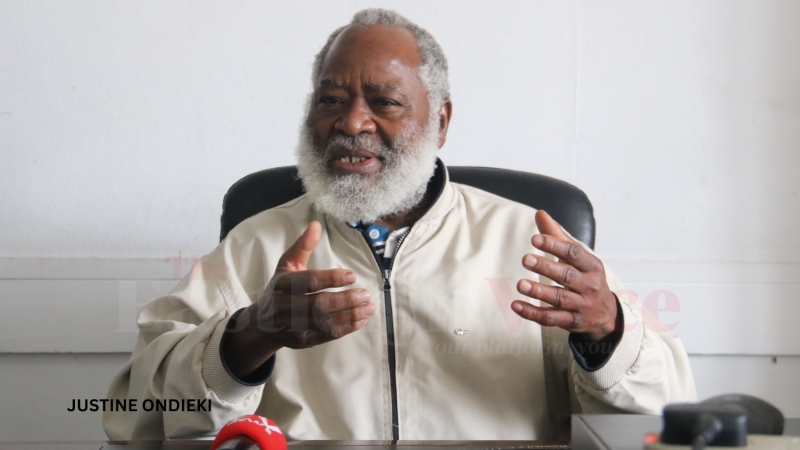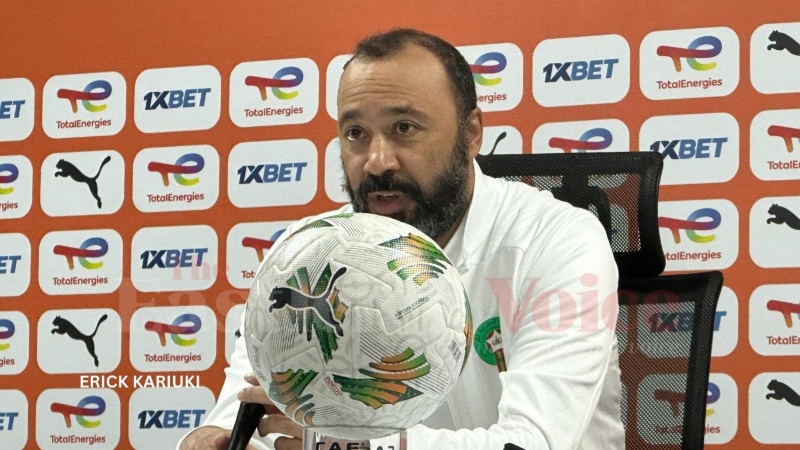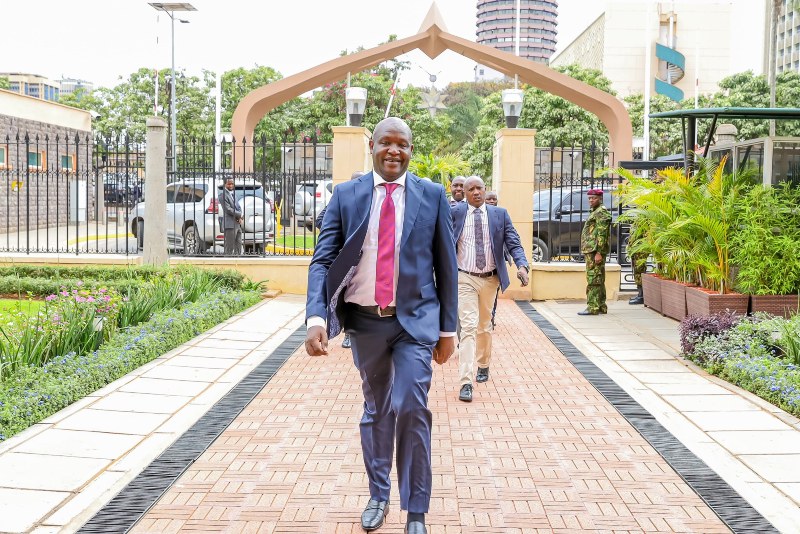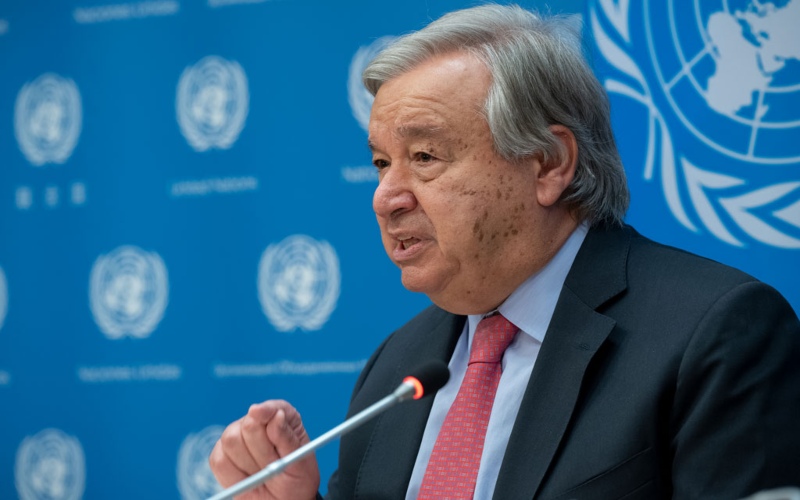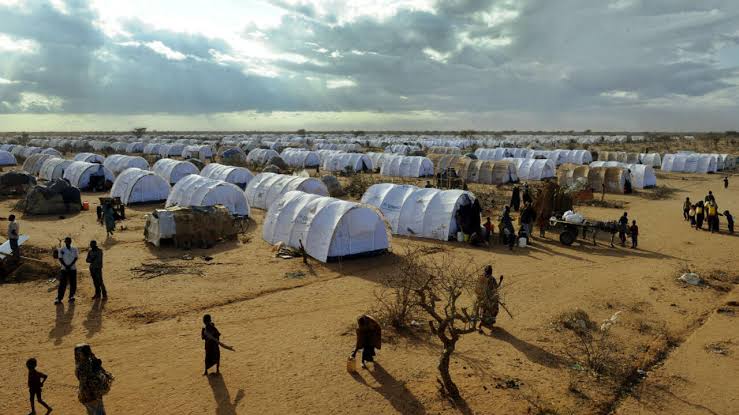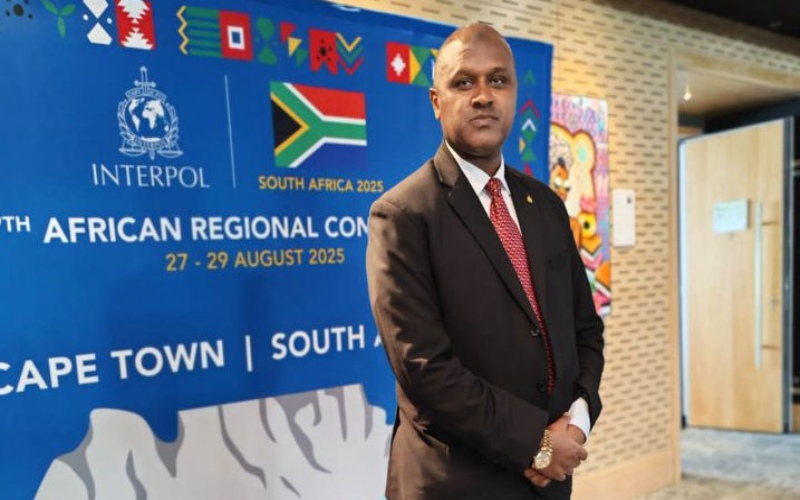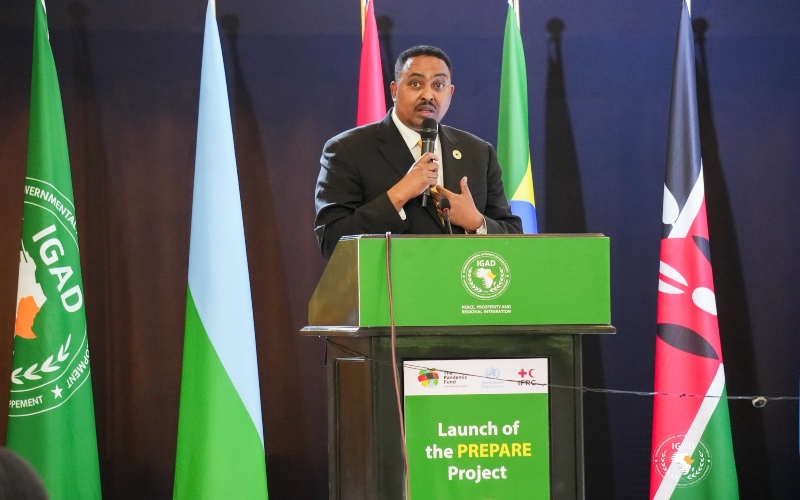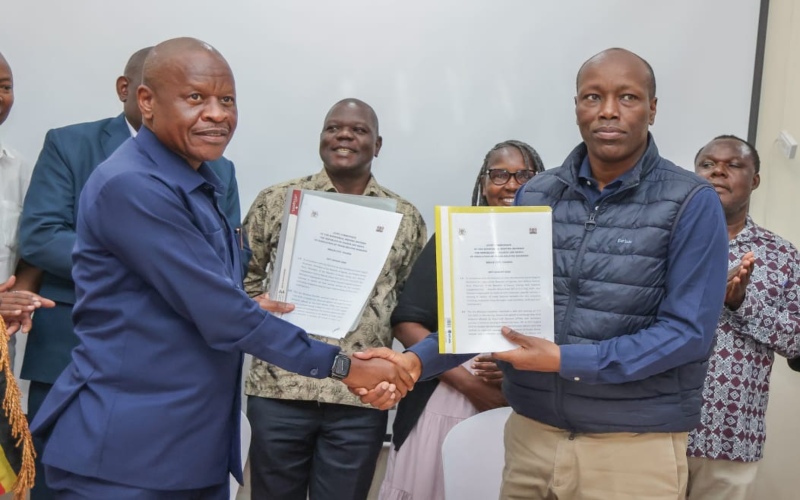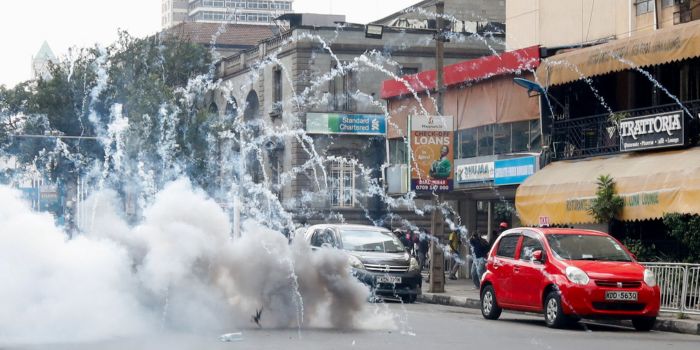US moves to reassess Kenya's designation as major non-NATO ally
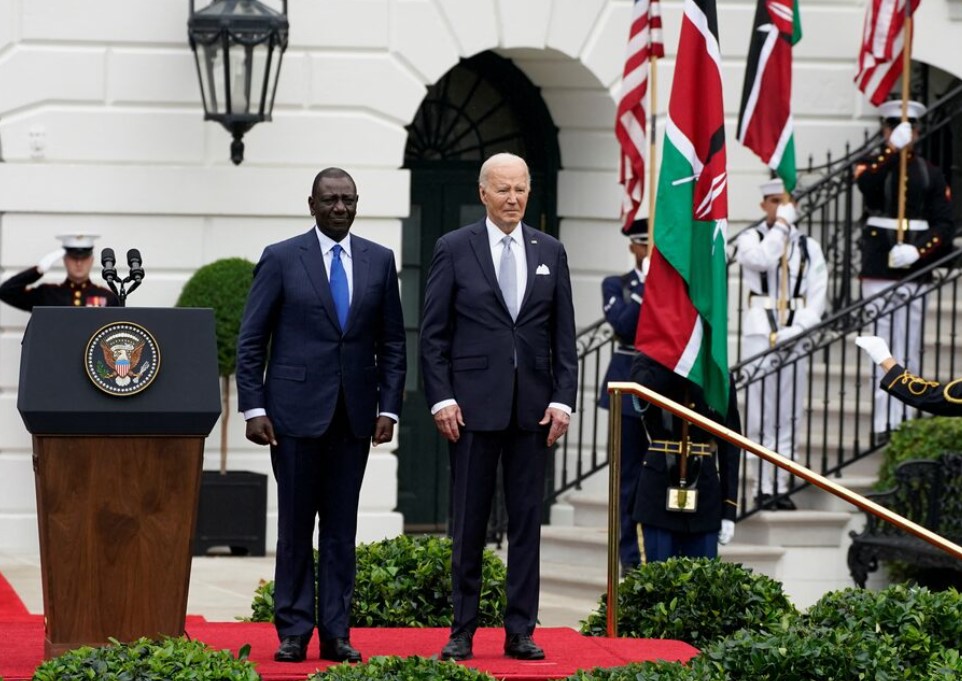
Kenya became the first sub-Saharan African nation to secure MNNA status during Ruto's state visit to Washington in May 2024, the first such visit by an African head of state in 15 years.
Barely a year after the Biden administration elevated Kenya to the coveted rank of Major Non-NATO Ally (MNNA), US legislators are now officially questioning whether Nairobi still deserves the title.
The review, quietly embedded in an August congressional amendment, highlights growing unease in Washington over President William Ruto's increasingly warm relations with China, Russia, and Iran.
More To Read
- President Ruto vows to crack down on SHA fraud as 1,000 health facilities shut
- President Ruto bestows Prince Rahim Aga Khan V 'Chief of the Order of the Golden Heart'
- Ruto appoints Faith Odhiambo to co-chair panel of experts on compensation of protest victims
- Ruto appoints Komora, Siparo to National Police Service Commission
- Challenging the status quo: Githunguri MP Gathoni Wamuchomba tells it all
- Ruto, Raila and leaders unite in praise for Harambee Stars despite 'heartbreaking' loss
Kenya became the first sub-Saharan African nation to secure MNNA status during Ruto's state visit to Washington in May 2024, the first such visit by an African head of state in 15 years.
The designation, largely symbolic but politically weighty, was Washington's way of rewarding Nairobi's counterterrorism cooperation and its support for Western positions, including its sharp condemnation of Russia's invasion of Ukraine. Now, however, the relationship faces its sharpest test yet.
A 90-day review
A congressional directive seen by this outlet tasks US Secretary of State Marco Rubio, working alongside the Pentagon and the Director of National Intelligence, with reviewing Kenya's MNNA status within 90 days.
A classified report, due in 180 days, will examine: Kenya's counterterrorism cooperation in Africa and its role in Haiti, the depth of Nairobi's economic and security ties with China, Russia, and Iran and Kenya's continued value as a strategic economic partner.
The amendment is spearheaded by Senator James Risch, the hawkish Republican chair of the Senate Foreign Relations Committee, who has warned of what he calls an "alarming drift" in Kenya's foreign policy.
His move mirrors Washington's recent pressure campaign against South Africa over its BRICS alignment and its pro-Palestinian posture.
"This is not merely about trade, it's about alignment. President Ruto's rhetoric in Beijing sounded less like hedging and more like allegiance," Risch declared.
Ruto's pivot to the East
The immediate trigger appears to be Ruto's April 2025 state visit to Beijing. Standing beside China's president Xi Jinping at a time of escalating US-China trade tensions, Ruto decried "hegemonic power and unilateralism"—a pointed jab at Washington.
In a speech at Peking University, he went even further: "The current global order is broken, dysfunctional, and no longer fit for purpose. Kenya and China will act as co-architects of a new order—one that is fair, inclusive, and sustainable."
For Washington, the language was a red line.
Joshua Meservey, a Senior Fellow at the Hudson Institute, told Congress that Ruto's pivot "signals a lack of allegiance."
His deepening engagement with Iran was especially provocative.
"Despite Iran's backing of terror plots against his country, President Ruto referred to Iran as a 'critical strategic partner,'" Meservey said.
Ruto hosted Iran's late president, Ebrahim Raisi, in Nairobi in 2024, pledging to "heighten and strengthen" ties despite US sanctions and Tehran's pariah status in Washington.
Kenya's strategic dilemma
The MNNA designation has always been more symbolic than practical. It comes with no defence guarantees but offers preferential access to US security cooperation and weapons sales.
Yet, Kenya's military has largely received outdated equipment, most notably the ageing helicopters blamed for the 2024 crash that killed General Francis Ogolla, Kenya's only four-star general.
Nonetheless, the status has served as a diplomatic badge of honour, bolstering Nairobi's image as Washington's anchor in East Africa.
Kenya hosts US military installations in Manda and Wajir, provides a key counterterrorism platform, and has routinely supported U.S. positions at multilateral forums.
But Ruto's balancing act, courting Beijing while cultivating Washington, has left both sides wary.
Nairobi has even signalled interest in joining BRICS, a move likely to tilt it further toward the East.
It is hardly impossible for a country to feast at both Beijing's and Washington's tables and expect to leave satisfied.
"Kenya is trying to walk a tightrope that few African states can manage," says Mike Ombachi, an international relations analyst.
Washington's harder questions
The congressional review goes beyond Kenya's global alignment.
The legislators want a detailed account of the financial and political ties of Kenya's ruling elite with China, Russia, and Iran.
They also seek intelligence on Nairobi's alleged links, direct or indirect, to nonstate armed groups such as Sudan's Rapid Support Forces (RSF) and Somalia's Al-Shabaab.
Congress further demands a review of Kenya's participation in China's Belt and Road Initiative, its debt profile, and its potential role as a financial hub for sanctioned individuals from Sudan, South Sudan, Somalia, and Uganda.
Washington is also asking for an assessment of how US security assistance and intelligence sharing might have been used or misused by Nairobi, especially in light of recent allegations of extrajudicial killings and enforced disappearances during Kenya's historic June 2024 protests.
Experts warn this level of scrutiny could prove politically damaging for Nairobi.
"This is a humiliating request," says an analyst who has served closely with Western diplomats.
Top Stories Today
